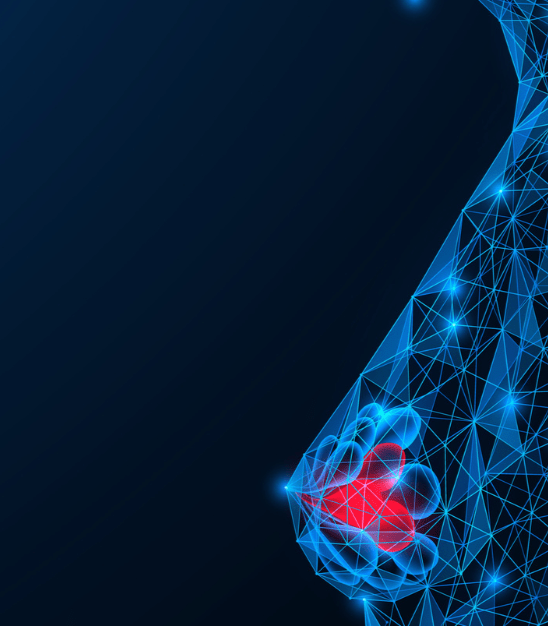
GHC Genetics first to test newly discovered genes linked to breast cancer risk
In August 2023, a team of researchers from Canada and Europe came up with the discovery of new genes that are also linked to an increased risk of breast cancer. The genes are MAP3K1, LZTR1, ATR and BARD1. The GHC Genetics laboratory was the first in the Czech Republic to include testing for these genes in its oncogenetic panel, which analyses risk genes associated with certain inherited diseases, particularly breast and ovarian cancer, but also other cancers.
Although most of the variants identified in these new genes are rare, the risk to women who carry them can be significant. Research shows that changes in one of the new genes, MAP3K1, lead to a particularly high risk of breast cancer. The findings are detailed in a new issue of Nature Genetics (Wilcox et al. 2023), which lists a total of 21 new genes that may be linked to breast cancer risk. The study was conducted on a large number of women using so-called exome sequencing. A total of 26,000 women with breast cancer were included in the study and the control sample included 217,000 women without breast cancer from eight countries in Europe and Asia. The findings helped to better identify which women are at high risk of breast cancer, the number one cause of cancer deaths in women in the country and the world.
"From a clinical point of view, it was important to add new genes to existing panels as soon as possible. Our laboratory was the first in the country to include these genes in an oncogenetic screen that analyses risk genes associated with certain inherited diseases, particularly breast and ovarian cancer. The addition of the new genes may identify more women at increased risk who could be offered further expanded screening or other forms of prevention," said Renáta Michalovská, head of the molecular genetics laboratory at GHC Genetics.
Breast cancer is still the most serious and common cancer in women in the Czech Republic. Approximately 7,200 new cases of the disease are diagnosed every year, which is more than 133 patients per 100,000 Czech women. The genetic cause of the disease occurs in about 5-10% of patients. Therefore, any possibility to expand preventive testing is very important and such flexible application of scientific research into clinical practice is a very important step that can help to detect other women with risk mutations early.
Literature:
Wilcox, N., Dumont, M., González-Neira, A. et al. Exome sequencing identifies breast cancer susceptibility genes and defines the contribution of coding variants to breast cancer risk. Nat Genet 55, 1435-1439 (2023).